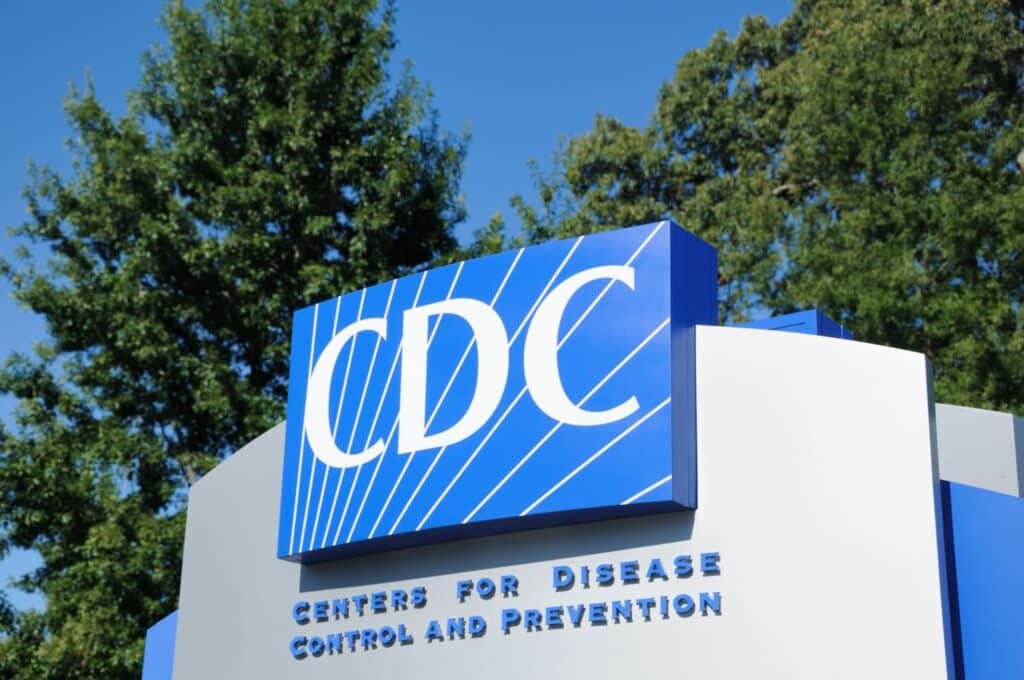This might be hard to swallow, but it’s time to think about your dental health. The World Health Organization (WHO) recently conducted a study on global oral health status. Their findings reveal some shocking information that might make you reconsider prioritizing your oral care. It might be time for dental care to be a part of universal healthcare.
Worldwide Dental Statistics 2022
Did you know that oral disease affects approximately 3.5 billion people worldwide? That’s nearly half the world’s population and also makes oral diseases some of the most frequent noncommunicable diseases (NCD) around the globe. These issues greatly hinder your ability to perform essential daily functions like eating, speaking, and breathing. Sadly, global cases are trending upwards, with an increase of 1 billion over the last three decades.
Affecting Everyone
One of the major issues that dental statics of 2022 showcase is that this condition impacts everyone. Among other prevalent conditions per World Bank (WB) country income level, oral disease ranked first in all five categories (global, WB low income, WB lower-middle income, WB upper-middle income, and WB high income). This is higher than neurological disorders, cardiovascular diseases, as well as type 1 and type 2 diabetes.
Additionally, the 50% increase in oral health disease over the last three decades has been among all five categories. The five major diseases within this group include:
- Untreated caries of deciduous (primary) and permanent teeth
- Severe periodontal disease
- Edentulism (total tooth loss)
- Cancer of the lip
- Cancer of the oral cavity
These problems are having widespread impacts on more than just oral care. As these conditions create other issues with overall health, they’ve created stress on healthcare systems and economies.
Creating a Burden
The current approach toward many health-related issues is responsive. According to the WHO, this mindset is problematic for your overall health and detrimental to your oral health. Shifting the curative approach model to a proactive mindset is pivotal to eliminating the physical and fiscal burdens of good oral health.
Most of the preventative measures include activities such as brushing after meals, flossing daily, and using an antiseptic mouthwash twice daily. Lower-sugar diets have also been shown to positively impact good oral health. When these proactive measures aren’t taken, higher-cost treatments are needed to battle tooth decay, gum disease, and other issues.
United States Dental Statistics
The U.S. is not excluded from the issues surrounding oral health. Though the United States spends over $100 billion on dental expenditures annually, many procedures could have been prevented with proactive oral care. The lack of preventative treatment is reflected in the percentages for untreated dental caries in the U.S. According to the Centers for Disease Control, this increases as we age. From 2015-2018, the US population saw the following untreated dental caries – more commonly known as cavities – per age group:
- 13.2% in children aged 5-19 years
- 25.9% in adults aged 20-44 years
- 25.3% in adults aged 45-64 years
- 20.2% in adults aged 65 years and over
Now, considering the fact that almost 40% of the population didn’t visit a dentist in 2020 and the average number of cavities by age 40 is around three, it can become clear that the United States is slacking in overall oral health.
Dental Insurance Facts
Knowing this, it should come as no surprise to learn that people who have dental insurance are more likely to seek out a dentist and receive care. However, some dental insurance facts are still shocking to learn. For instance, from 2014-2017, over 20% of individuals with private coverage did not see a dentist. About half of the 18-64 had private health insurance during that time.
This number drops when coverage is provided by other means, or the individual isn’t covered at all. Some of that stems from lack of dentists in the area, or their preferred dentist doesn’t take the insurance provider. Cost is the major preventative to seeking care in the U.S., and Nevada is significantly higher than the national average.
Why is dental care so expensive in the US?
Why is the price tag so high if routine dental services and proper oral care are so important? There are a number of factors that play a role in this. Some of these are directly related to the health condition of your mouth, while others relate more to the cost of running the business of dentistry. Some of the common reasons prices are high include:
- Lab expenses
- Business overhead expenses
- Insurance differs from medical insurance
- Pre-existing conditions of a patient
Though these aren’t the only factors, they consistently increase oral care costs. Out-of-pocket expenses also rise when you aren’t covered by insurance. Additionally, each provider has different expenses they will and won’t cover, causing variation among those insured.
How can gum disease affect your overall health?
So many of your daily necessities are performed by your mouth. When gum disease prevents you from doing one or more of those, it can drastically affect your health. Gum disease can hinder or limit your ability to eat, communicate, and breathe.
People with gum disease shouldn’t wait until it starts impacting other aspects of their lives. Taking action now is always beneficial. This means you should consider finding a cheap teeth cleaning without insurance near me.


Regular Price:
$179
With this offer, there’s no excuse not to get back on track! Schedule a complete exam and x-rays for only $39 and ensure you have a beautiful healthy smile.
How are gum diseases and diabetes related?
Oral health facts can sometimes be misleading when they relate to overall health. This isn’t surprising because the information within oral health can appear odd. Such as when you are encouraged to receive wisdom teeth removal from dentists. This often comes before you’re experiencing any issues, but it relates back to preventative care.
Hopefully, the notion that there is a link between oral care and diabetes won’t alarm you. This is mainly due to inflammation in the gums, caused by gum disease, which leads to higher blood glucose levels. More sugar causes a higher risk of diabetes.
What would help now?
Though signs suggest oral care should be a part of universal healthcare, the systems aren’t yet in place to make that happen. However, there are actions you can take now. Starting young is critical to long-term prevention. If you need a pediatric dentist in Las Vegas, don’t wait to find one. The earlier you can make routine dental services a habit, the better it will be for your overall health.
If you’re an adult, don’t worry. You still have time not to become a negative statistic. Start taking action by brushing and flossing regularly and find a dentist to help you navigate your oral care.
Schedule an appointment online at Absolute Dental.


